detail profile kazimierz kaczor
Peran Yang Di Mainkan Kazimierz Kaczor
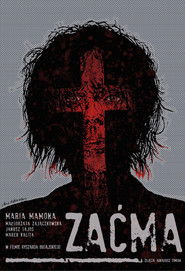 A little known episode from the...
A little known episode from the...Blindness 2016
A little known episode from the life of Stalinist security police office Julia Brystiger. Her nickname Bloody Luna was a reference to her incredibly brutal methods of interrogation. In the early 1960s, she appears in a centre for the blind on the outskirts of Warsaw, a place often visited by Cardinal Wyszyński, whose imprisonment in 1953-1956 Brystiger supervised personally. During a difficult and heated discussion with the cardinal, Brystiger denounces the communist ideology and begs for forgiveness for her crimes and for guidance in her search for God.
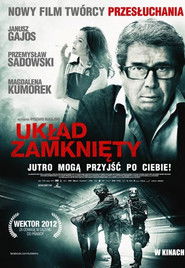 The film is set in the...
The film is set in the...The Closed Circuit 2013
The film is set in the Tricity in 2003, ten years after the end of communism in Poland. The plot, apparently based on the real-life experiences of Kraków businessmen Lech Jerzorny and Paweł Rey, is about three young, talented businessmen who open a high-tech factory. This comes to the attention of the local state ‘mafia’, the local Prosecutor, played by Janusz Gajos, and tax office boss, played by Kasimierz Kaczor, who are both jealous and would like to make money for themselves. We are in Poland, so success must be punished.
 Screen One movie that is a...
Screen One movie that is a...A Very Polish Practice 1992
Screen One movie that is a continuation of Andrew Davies' brilliant series A Very Peculiar Practice. Dr. Daker feels finally settled in his life in Poland with his new wife and son, but he soon find things to be just as tumultuous, not least because Bob Buzzard is still around. And is that those nuns again?
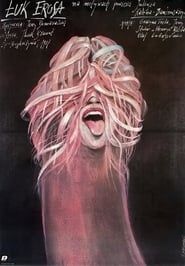 Lavish romantic melodrama obsessively concerned with...
Lavish romantic melodrama obsessively concerned with...Cupid's Bow 1988
Lavish romantic melodrama, obsessively concerned with sex. Maryska's husband is off to war. He soon is reported missing, and she does not protest much when is seduced by the husband's friend, a seedy professor with sickly wife and other mistresses on the side. However, the love of Maryska's life turns out to be a shy 17-year old, son of friends with whom she goes to stay.
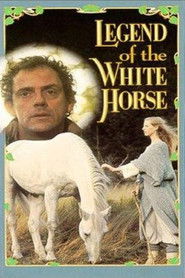 A satire of Cold war politics...
A satire of Cold war politics...Legend of the White Horse 1987
A satire of Cold war politics, where Red bureaucrats meet U.S. corporate greed - and a witch and a dragon.
 Tadeusz Krzakoski the director of a...
Tadeusz Krzakoski the director of a...What Will You Do When You Catch Me? 1978
Tadeusz Krzakoski, the director of a failing state-owned company, is married with problems. His mistress, the daughter of a Communist party bigwig, says she's pregnant and Tadeusz knows he'll have to marry her to save his reputation and his job. But divorce is never simple and Bareja's screwball comedies are never boring.
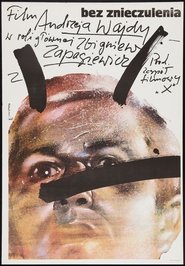 A famous Polish journalist presents a...
A famous Polish journalist presents a...Without Anesthesia 1978
A famous Polish journalist presents a problem for the powers-that-be when he displays his full political skill and knowledge on a television show featuring questions and answers on a world conference by a panel of journalists. His enemies take away his privileges when he is away. The shock of being "unwanted" parallels a deeper disappointment in his private life: his wife has an affair with a jealous young rival, and after 15 years of marriage and two daughters wants a divorce. She offers no explanations as he tries to untie these problems himself. All the moves he makes are the wrong ones. He takes on drinking heavily with students eager to attend his seminar after discovering the class has been canceled. The journalist, once suave and commanding, is reduced to silence.
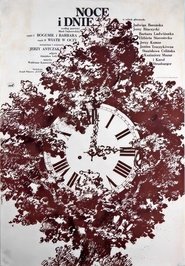 A family saga of Barbara OstrzeskaNiechcic...
A family saga of Barbara OstrzeskaNiechcic...Nights and Days 1975
A family saga of Barbara Ostrzeńska-Niechcic and Bogumił Niechcic against the backdrop of the January Uprising of 1863 and World War I. The film is a rather straightforward and faithful adaptation of a novel by Maria Dabrowska with the same title. The plot is woven around the changing fortunes of a noble (upper-class) Niechcic family in the pre-WWI Poland. There are two main crossing threads: a social history one and an existential one.
 During the Swedish invasion of Poland...
During the Swedish invasion of Poland...The Deluge 1974
During the Swedish invasion of Poland, the brave warrior Andrzej Kmicic, considered a traitor to the nation, fights for a country, redemption and love across the 17th-century Polish territories.
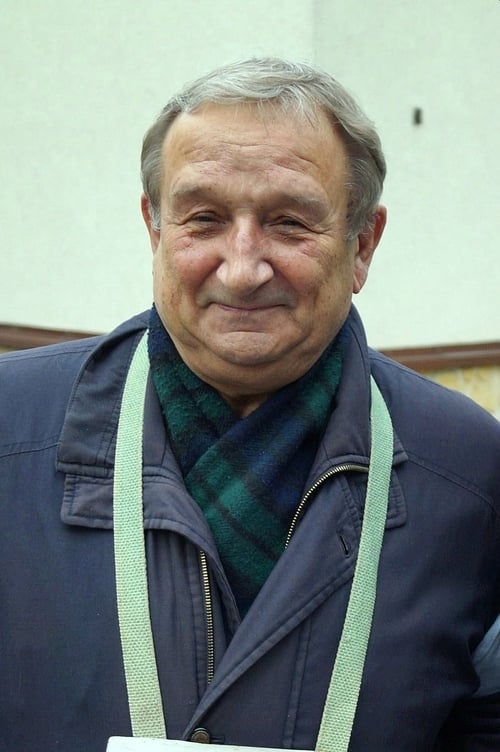
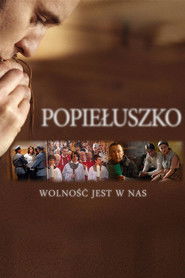 Story of life of Father Jerzy...
Story of life of Father Jerzy... An unknown Polish writer cant publish...
An unknown Polish writer cant publish...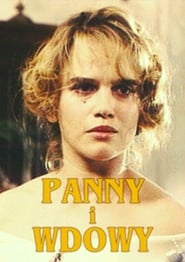
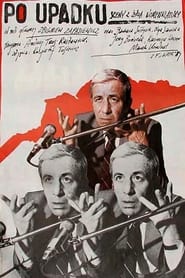 A story of highranking party members...
A story of highranking party members...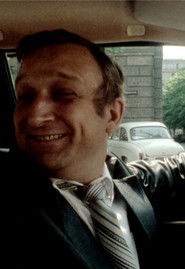
 A young Polish filmmaker sets out...
A young Polish filmmaker sets out...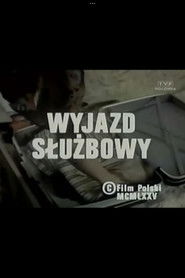
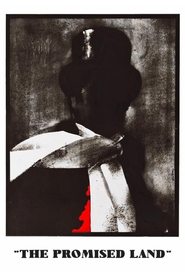 In nineteenthcentury d Poland three friends...
In nineteenthcentury d Poland three friends...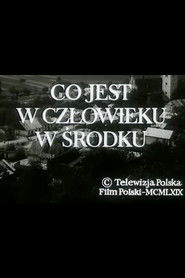 A police chief conducts a an...
A police chief conducts a an...